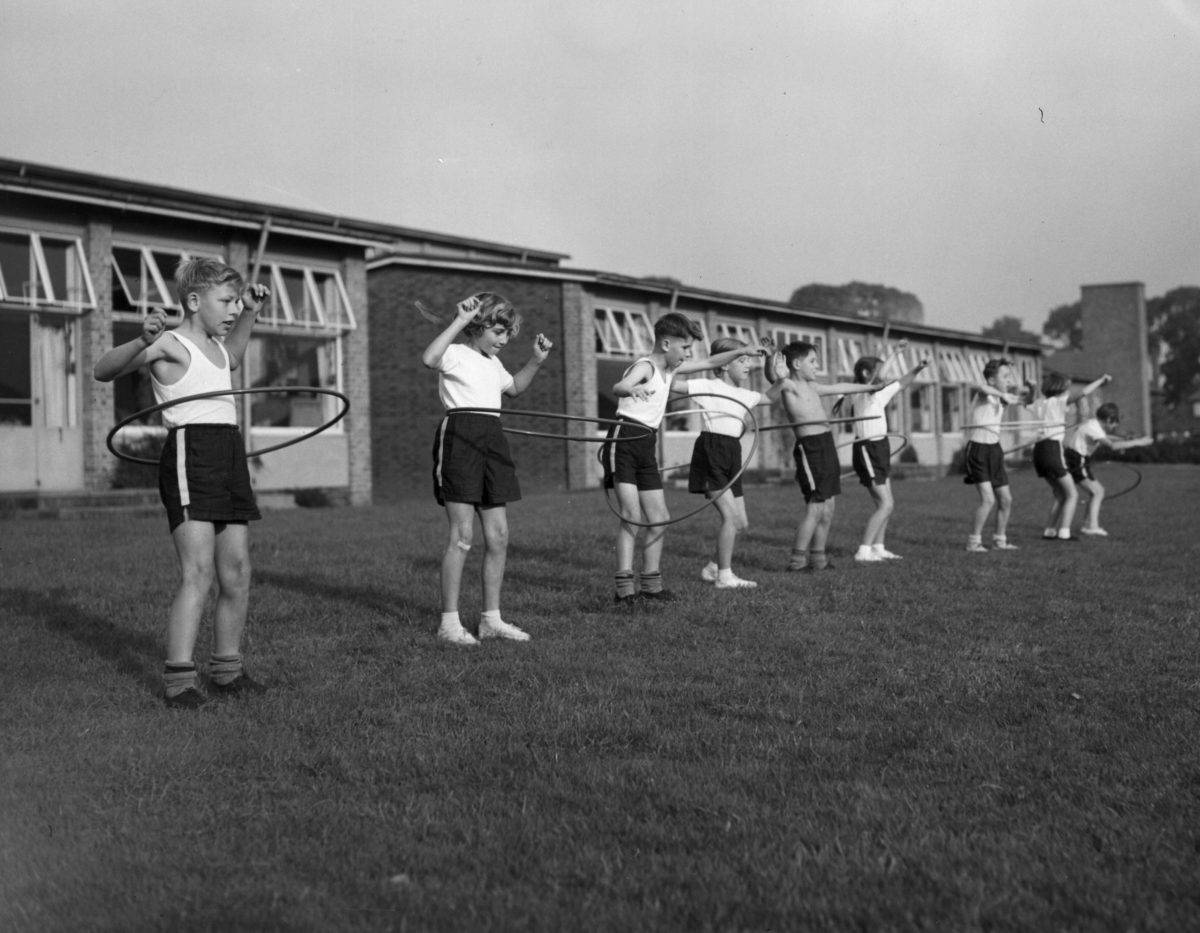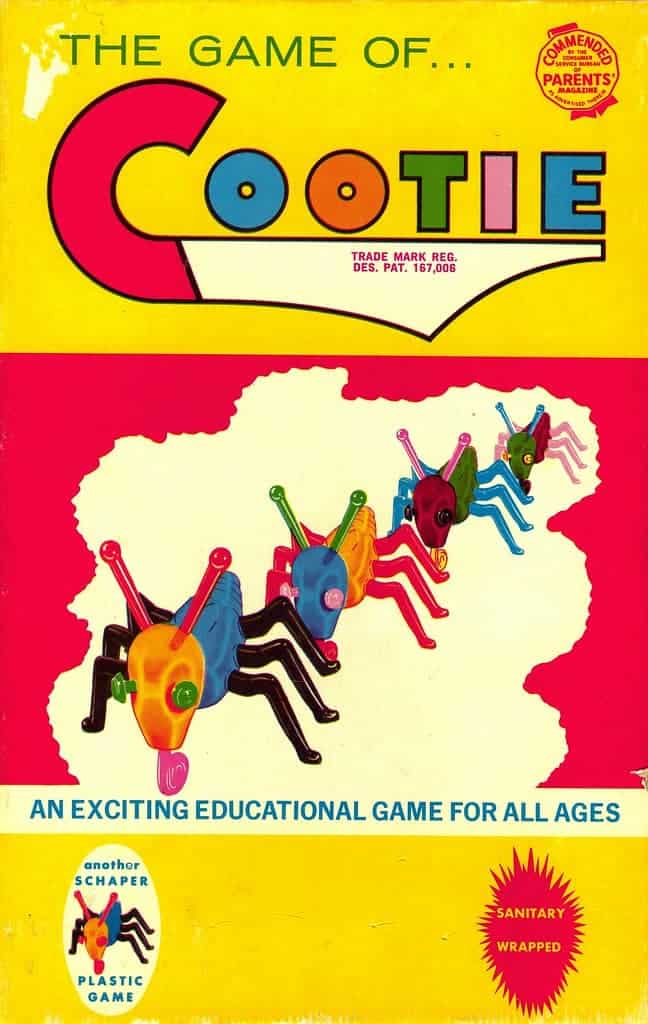Life in the past ofte felt simpler than it does today. Children weren’t bogged down with packed schedules filled with sports, theater, academics, and clubs. Instead, they spent more time playing outside, riding bikes and playing games like tag and baseball. Entertainment relied heavily on imagination, as it was a world without video games, iPads, touchscreens, or VR headsets.
When the Boomer generation (born between 1946 and 1964) was growing up, they had a selection of simple toys that encouraged creativity and stretched the imagination. Hours were spent in pure play — an idea that today’s generation doesn’t get. Explore these classic toys that were wildly popular with Baby Boomer kids.
Slinky

- Invented in 1943 by Richard and Betty James
- Released in 1945
- Known for its ability to walk down stairs
Hula Hoop

©Fred Morley / Getty Images/ via Getty Images
- Marketed by Wham-O in 1958
- Patented in 1963
- Inspired by a wooden hoop children played in Australia
Barbie Dolls

©"Barbie flight attendant" by mauren veras is licensed under BY 2.0. - Original / License
- Invented by Ruth Handler
- Released in 1959 by Mattel
- Mattel was founded by Handler and her husband, Elliot
Mr. Potato Head

©"mr potato head" by lucyfrench123 is licensed under BY 2.0. - Original / License
- Invented in 1949 by George Lerner
- Distributed in 1952 by Hasbro
- Claim to fame: the first toy ever advertised on TV
TONKA Trucks

©"Tonka Truck - Coolpix P520 test pic" by smjbk is licensed under BY 2.0. - Original / License
- Invented in 1947 by Mound Metalcraft Company in Mound, Minnesota
- Mound is located near Lake Minnetonka, hence the name “Tonka”
- TONKA uses 119,000 pounds of yellow paint each year
Play-Doh

©"Play-Doh (Flash)" by GIANTsqurl is licensed under BY 2.0. - Original / License
- Started as wallpaper cleaner
- Was first used as modeling clay in 1955
- Became known as Play-Doh in 1956
GI Joe

©"GI Joe 25th" by Lunchbox Photography is licensed under BY 2.0. - Original / License
- Introduced in 1964
- Called an “action soldier” or “action figure” instead of a doll
- Originally introduced as an Army soldier; a Navy sailor, Air Force pilot, Marine, and NASA astronaut were later added
View-Master

©"View Master - Model G Red" by L'Ospite Inatteso is licensed under BY-SA 4.0. - Original / License
- Originally called Sawyer’s View-Master
- Introduced at the World’s Fair in 1939-40
- First intended to be an adult education tool
Easy-Bake Oven

©"Premier model Easy Bake oven" by Bradross63 is licensed under BY-SA 4.0. - Original / License
- Invented by Ronald Howes and introduced in 1963 by Kenner
- The heat source was two 100-watt incandescent bulbs
- Could bake actual edible food
Etch A Sketch

©"Etch-A-Sketch engine drawing" by Elsie esq. is licensed under BY 2.0. - Original / License
- Introduced at the 1959 International Toy Fair
- First called L’ecran Magique, or The Magic Screen
- Aluminum powder and tiny beads are held to the screen via static charges
Chatty Cathy

- Released in 1960
- Pull-string on her back made Cathy “talk”
- Started with 11 phrases, including “I love you”
- Second most popular doll in the 1960s after Barbie
Hot Wheels

©"Hot Wheels Car Collector's Case" by frotzed2 is licensed under BY-SA 2.0. - Original / License
- Debuted in 1968 at the International Toy Fair
- Inspired by California hot rods
- The original batch included 16 cars, called “The Sweet 16”
Cootie

©"Cootie" by Wandering Magpie is licensed under BY 2.0. - Original / License
- Invented in 1948 by William H. Schaper of Minnesota
- Was an educational game designed for ages 3-11
- Still a popular game for families
